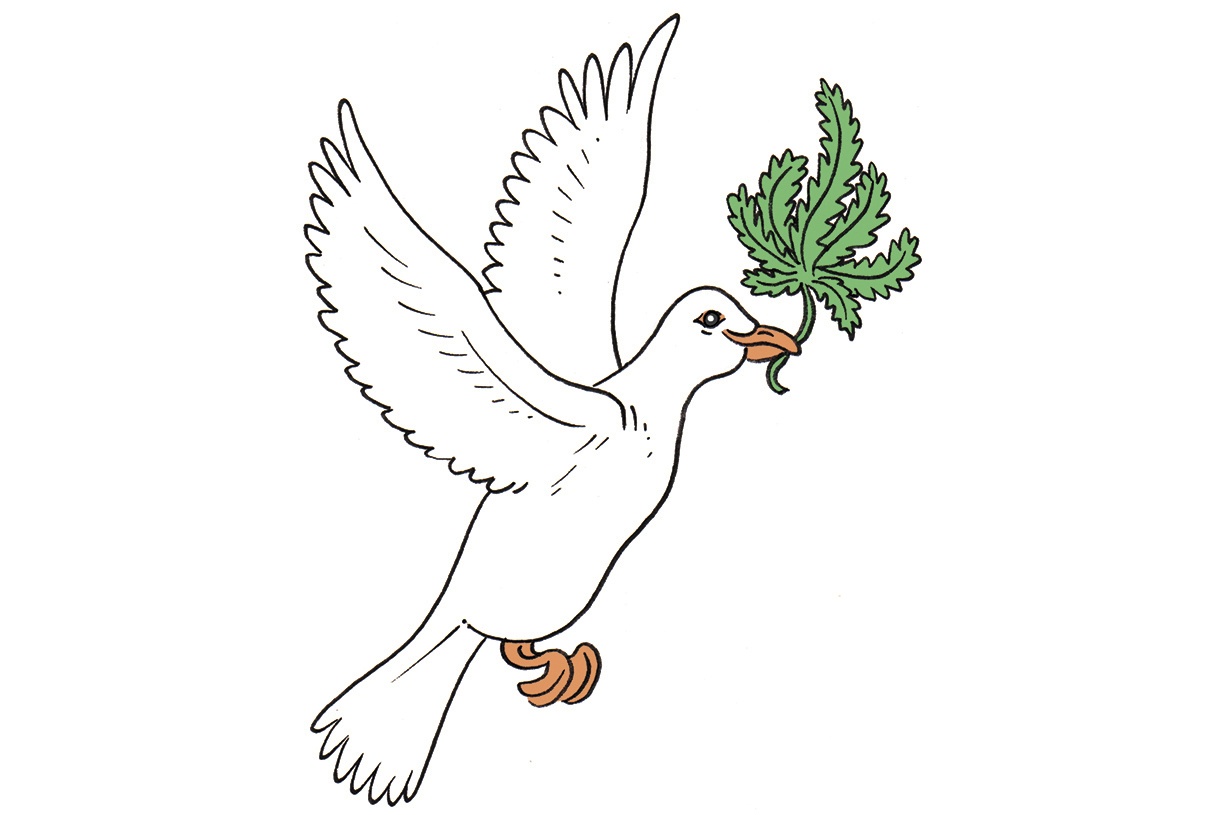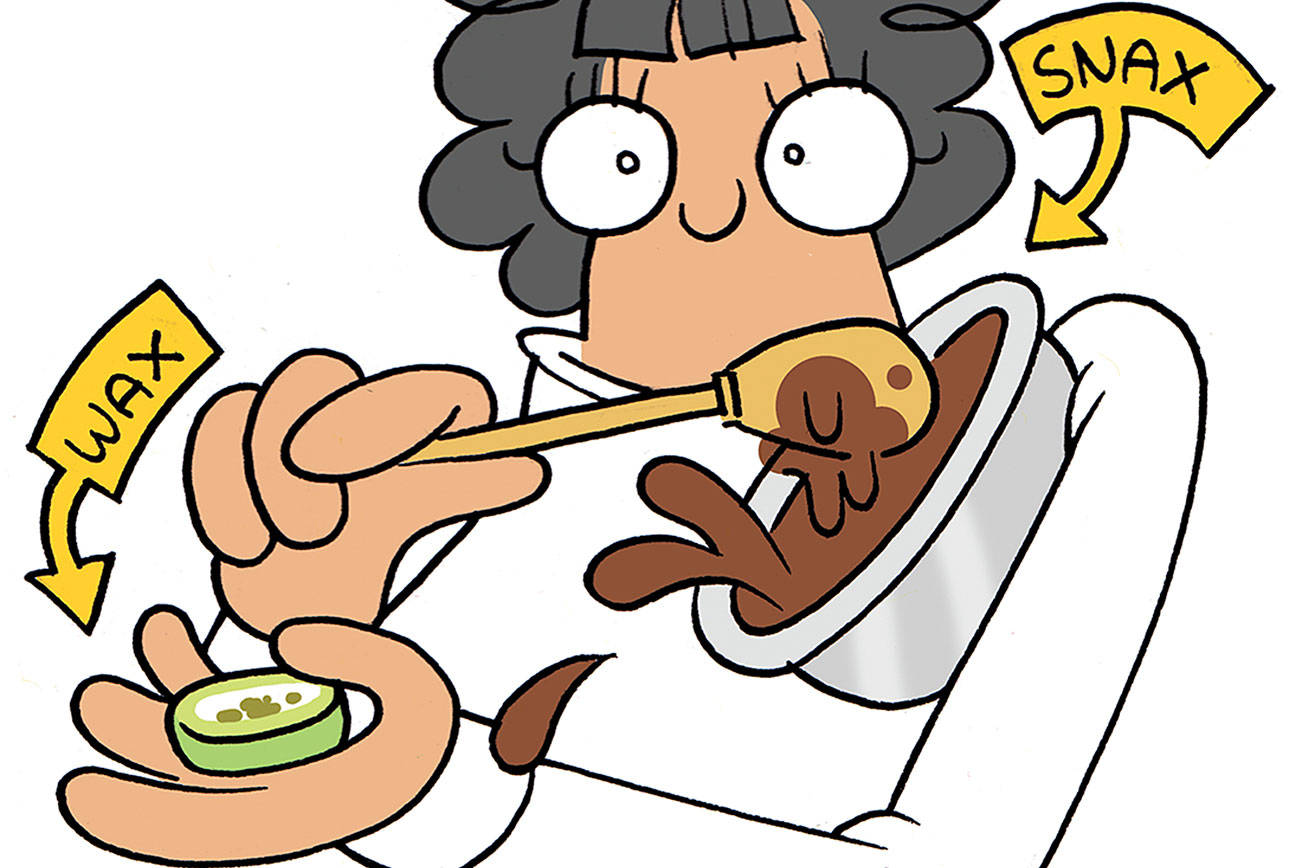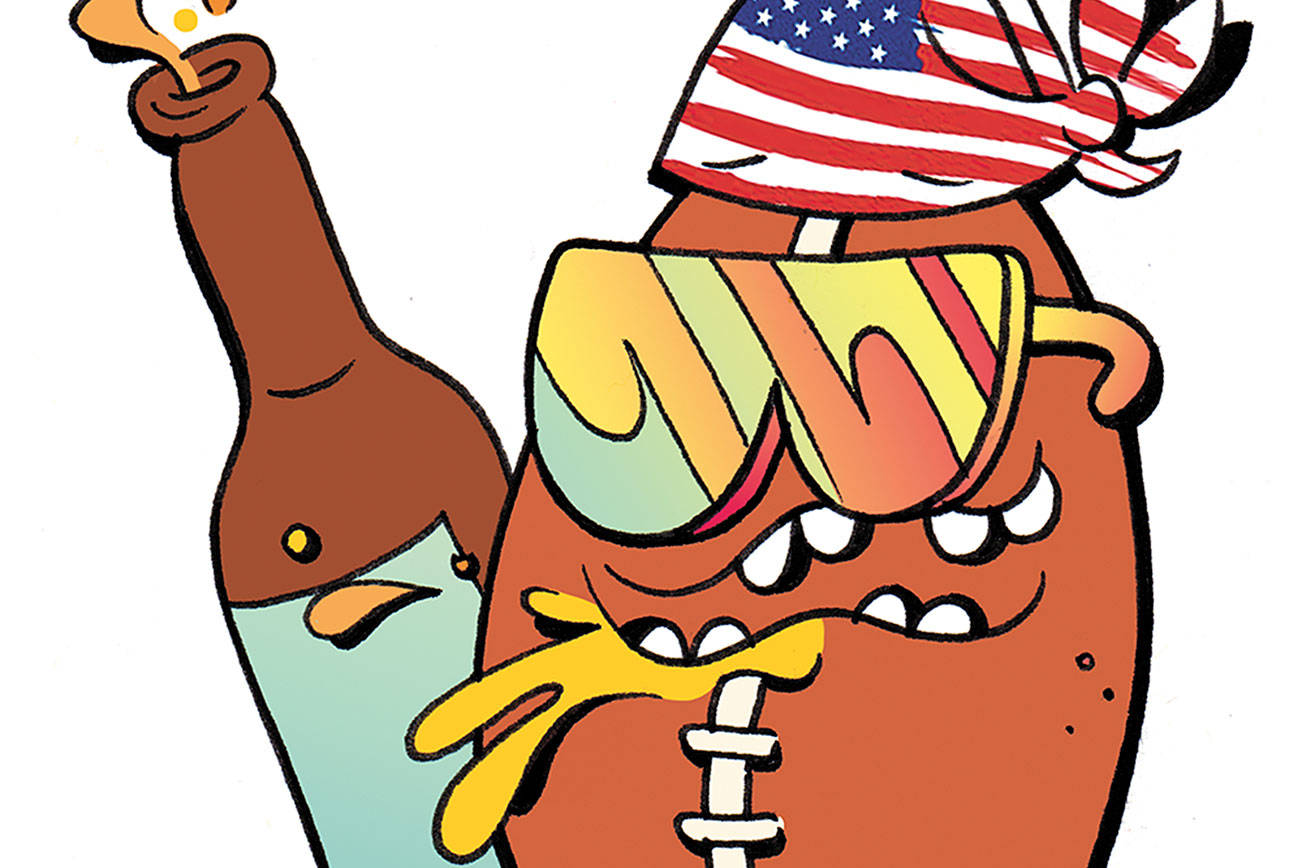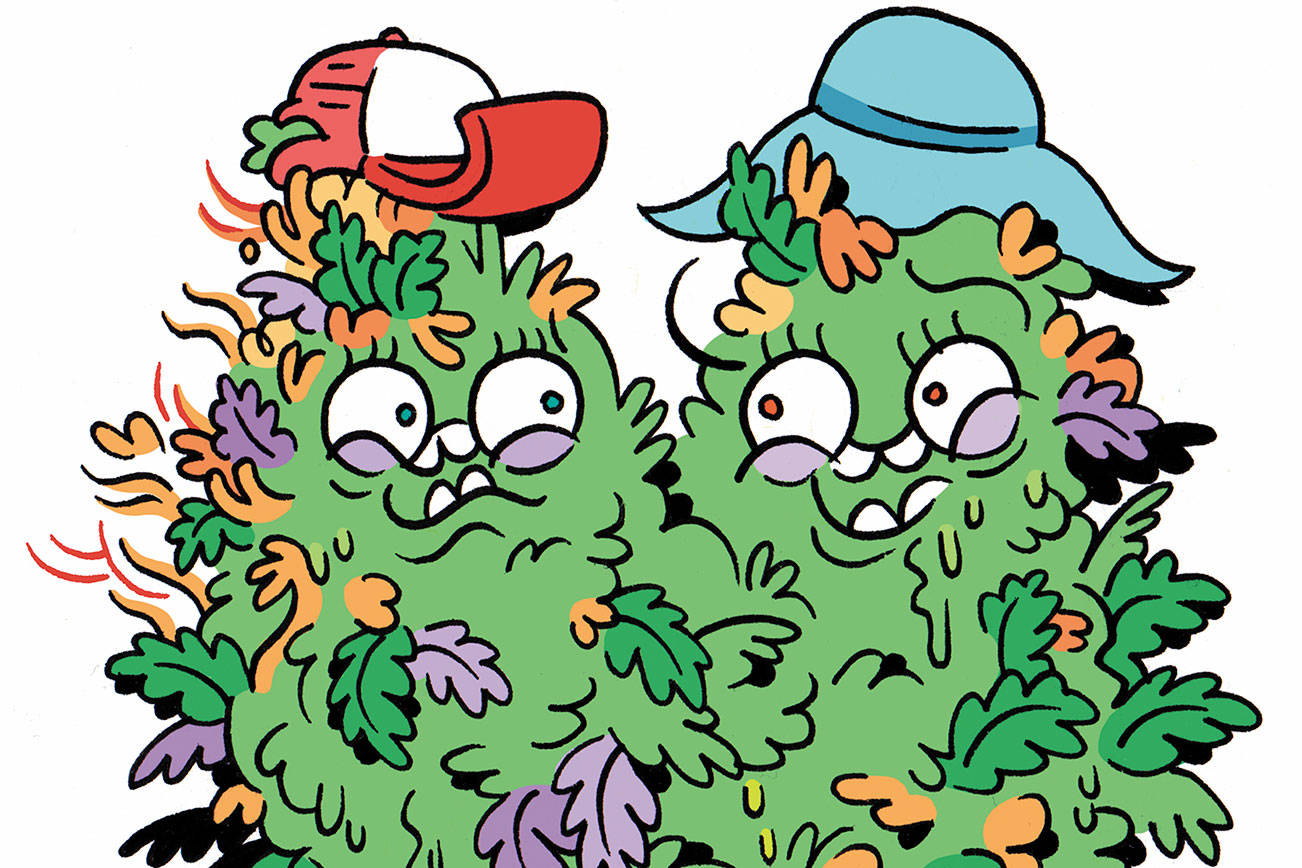As I’m writing this, helicopters are hovering over downtown and police sirens are wailing past my house. I just finished reading a story informing me that the Southern Poverty Law Center has tracked more than 200 cases of harassment or abuse of people of color since Donald Trump was elected president. I feel like I’m witnessing the big reveal of a horrifying future. I’m scared, and I want to just escape.
In the past week, I have felt stunned, betrayed, and defeated. I have also smoked an incredible amount of weed. I’m going to guess I’m not alone.
Cannabis is a powerful, healing plant. Its ability to treat anxiety and depression are documented far and wide. Its capacity to create connections among people is profound, and many a tear has been shed since the election; many hugs, many bitching sessions, have happened over bowls and joints lovingly passed back and forth between friends. There is nothing wrong with that. If anything, I think we should be getting together and connecting more, airing our fears and sadness more, planning more. And if a golden dab or a delicious edible or a beautifully rolled joint facilitates that release, so be it.
When I went through chemotherapy, weed was like this little vacation I got to take for a half-hour or so, and I could forget for a little while that I was sick. These little breaks from my “default reality” were needed for me to stay strong the rest of the time. This cycle—momentary escape followed by vigilant resolve—seems an appropriate approach now as well.
But cannabis can also be a method of avoiding reality. A really effective method. For people with OCD, anxiety issues, even chronic physical ailments, cannabis can be a way to escape the painful reality of their everyday life. The risk for these people is a detachment that can leave them alienated from their community and their own powers of transformation. The same goes for those battling addiction, who at times like this might be tempted to turn to drugs rather than remain fully aware and sensitive.
Being able to take a few puffs and disconnect for a little while, then, is a huge privilege. You might not want to hear that, but it’s the truth. In addition to those who struggle with substances, many people around the planet don’t have the option to turn off their reality. If they even have access to cannabis, they are still people of color, still Muslim, still trans, still queer, still women, still living in Syria, Uganda, or Georgia. The act of getting high might actually endanger them further.
For the privileged, cannabis can be a healthy type of self-care, but make sure it’s only part of it. Start meditating. Go for a walk. Stand in the wind, let the rain pour over you. Stretch. Breathe. Eat veggies. Tell everyone in your life that you love them. Connect with eye contact, connect with touch, connect by listening to people, listen to their experiences.
And if at the end of your day, if it helps relieve the stress, if it takes the edge off life a little, and it’s safe for you to do so, take a puff or two. But don’t go numb. Don’t disconnect entirely, and please whatever you do, don’t hurt yourself. We need you now, more than ever.
stashbox@seattleweekly.com







